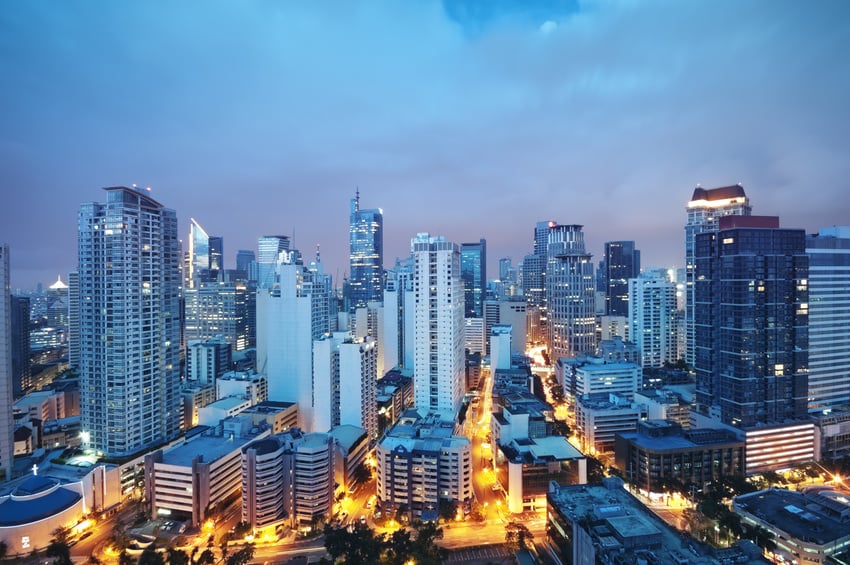On 22 September 2023, the Office of the Court Administrator (OCA) issued OCA Circular 335-2023, providing instructions for trial courts in instances where the prosecution seeks dismissal of criminal cases, based on the new evidentiary standard — “lack of prima facie evidence or reasonable certainty to sustain a conviction” — adopted by the Department of Justice earlier this year.
The National Economic Development Authority has issued the implementing rules and regulations of the amended Public Service Act or Republic Act No. 11659, which took effect on 4 April 2023.
The Department of Justice issued a series of Circulars that modify criminal procedure in the Philippines, by introducing the “reasonable certainty of conviction” standard when pursuing criminal cases, and implementing procedures that ensure proactive involvement by prosecutors during case build-up.
The president of the Philippines has signed into law Republic Act No. 11659 (“RA 11659”), which: (a) removes foreign equity restrictions on most public service companies, except those considered as ‘public utility’ and ‘critical infrastructure’; (b) limits the scope of ‘public utility’ to public service companies involved in distribution and transmission of electricity, petroleum and petroleum products pipeline transmission systems, water pipeline distribution systems, wastewater and sewerage pipeline systems, seaports, and public utility vehicles (PUVs); and (c) limits the scope of ‘critical infrastructure’ to public service companies that own, use or operate systems and assets that are “vital to the Republic of the Philippines that the incapacity or destruction of such systems or assets would have a detrimental impact on national security, including telecommunications and other such vital services as may be declared by the President of the Philippines”.
On 3 February 2022, the Congress’ Bicameral Conference Committee approved a final version of the Bill that seeks to amend the Public Service Act with a view to limiting the foreign equity restrictions imposed by the Philippine Constitution on ‘public utilities.’
The updated Senate Bill (2094) introduces several changes to the earlier version, such as: (a) the inclusion of petroleum and petroleum products pipeline transmission or distribution systems, airports, seaports, public utility vehicles, and expressways and tollways among the list of public services considered as “public utilities,” subject to a 40% foreign ownership limit; and (b) the classification of telecommunications, air carriers, domestic shipping, railways and subways as “critical infrastructures” — not “public utilities” — which are exempt from the foreign ownership limitation but only if reciprocity is accorded to Filipino nationals through law or treaty.
On 9 December 2020, the Supreme Court issued Administrative Matter No. 20-12-01-SC. Among others, the Videoconferencing Guidelines allow non-resident foreign nationals to participate or testify in a case before a Philippine court, through videoconferencing conducted from a Philippine embassy or consulate.



